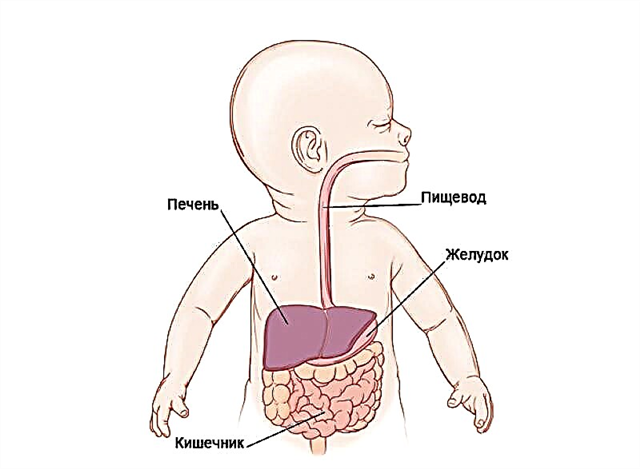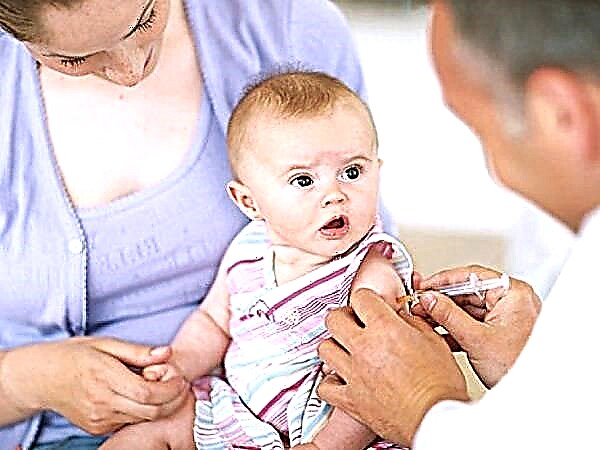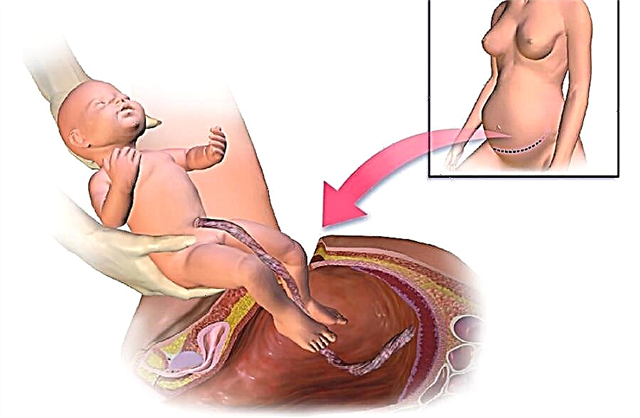
Vomiting can occur in a child with various diseases, for example, with intestinal infection, flu, sore throat, meningitis, acute appendicitis, chemical poisoning or heat stroke. Treatment is different in all these cases, but there are some general points that parents should be aware of.
When should a doctor be called?
If a small child has vomiting, this always scares the parents and should be a reason to call a pediatrician. It is possible to postpone seeking medical help only in a situation where the episode of vomiting was one-time, and the general condition of the baby is not changed. In this case, you should simply observe the child.
It is necessary to immediately call a doctor if vomiting occurs in such situations:
- Vomiting appeared after the child fell or hit the head hard.
- Vomiting is repeated many times.
- The attacks of vomiting were joined by other symptoms of the disease - loose stools, fever, abdominal pain, cramps, and other warning signs.
- The child is lethargic, drowsy, reacts sharply to light, or cries constantly.
- Due to the large number of bouts of vomiting, the child cannot get water or the child refuses to drink.
- Before the onset of vomiting, the child ate canned food or mushrooms.
- Vomiting appeared after taking any medication.
- Before the onset of vomiting, the child overheated or was in the sun for a long time.
- The child began to show signs of dehydration.
- Blood was seen in the vomit.

What to do to stop vomiting?
While most cases of vomiting need to be called a doctor, parents should start treating their child with vomiting as soon as this uncomfortable symptom appears.
The main actions of parents should be as follows:
- The child should be reassured, as the appearance of vomiting always scares babies. Bed rest is recommended, with the head raised and turned on its side. If the baby is breastfeeding, it is better to keep him upright for a while after vomiting.
- After each episode of vomiting, the baby's mouth should be rinsed with warm, clean water.
- The main goal of parents before the arrival of the doctor should be to provide the baby with a sufficient amount of drink, because the biggest danger of vomiting is the loss of important minerals and water by the child's body.
- Until the doctor determines the cause of vomiting, you should not give your child any medication. Also, you should temporarily not feed the baby, except for infants (breastfeeding or artificial feeding is not interrupted).
Liquids
Giving the child something to drink is the main task when vomiting occurs, especially if symptoms such as diarrhea and high fever (which increase dehydration) are associated with it.
To replenish the waste of minerals as a drink, salt solutions are recommended. They are alternated with the usual drink, represented by rosehip decoction, weak tea, plain water, dried fruit compote. Juices, carbonated drinks, milk, strong tea, broth are not recommended as a drink for vomiting.

Saline solutions
The best choice for drinking in case of vomiting in a child is solutions that contain salts, since it is these that the child's body loses together with water. Such solutions can be prepared from pharmaceutical preparations or independently. They can be given both at elevated temperatures and for abdominal pain. For babies up to a year old, prepared salt solutions should be diluted 1 to 1 with boiled water.
Honey. drugs
Recall that it is not recommended to give medicines to a child with vomiting in addition to saline pharmaceutical preparations before the arrival of a doctor. This can be an obstacle to making a correct diagnosis. The doctor may prescribe sorbents, zinc preparations, probiotics, antibiotics, antidiarrheals and other medications for a baby with vomiting, depending on the cause of this symptom.

Nutrition
Most often, vomiting attacks are accompanied by a decrease in appetite, and you should not insist on feeding the child during this period. If the baby is breastfeeding, then he should continue to breastfeed or give the usual mixture. In other cases, some time without food will only benefit the child, provided that the baby drinks enough.
As soon as the baby's appetite increases, he can be given low-fat food, for example, crackers, rice porridge, light vegetable soup, low-fat dairy products. Diet expansion should be gradual and careful.



